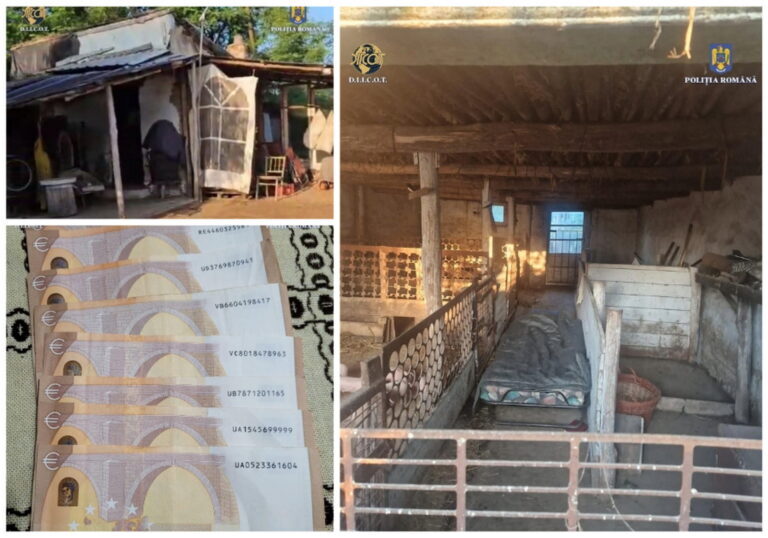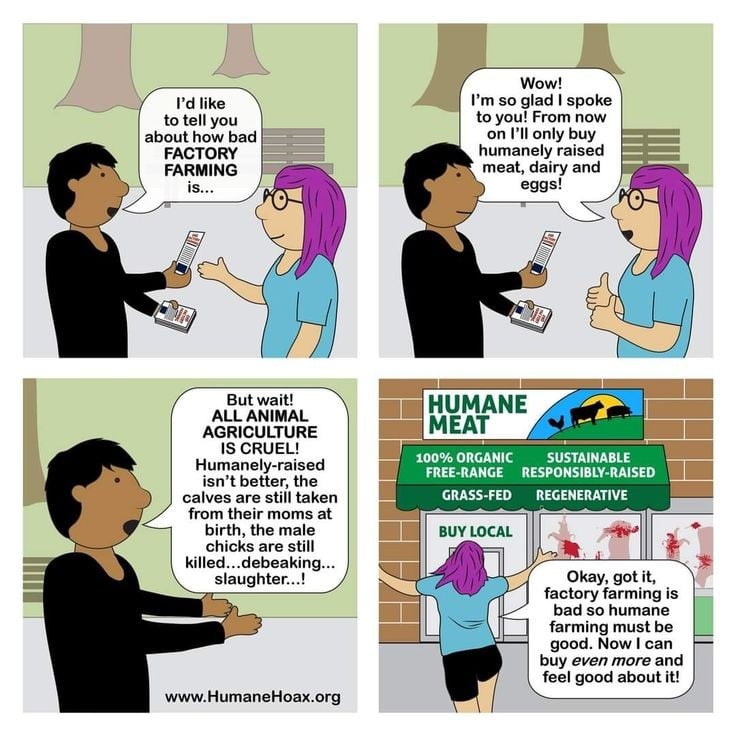Earthling Liberation notes
100 readers
2 users here now
We live in ~~a society~~ an ecosphere.
- not a place for debate
- lurk all you want
- make your own
/c/and crosspost if you are displeased with the rules
No system but the ecosystem
What does that even mean?
Here's an aspect: https://www.radicalphilosophy.com/article/nature-in-the-limits-to-capital-and-vice-versa
founded 1 year ago
MODERATORS
1
1
Jason W. Moore · Nature in the limits to capital (and vice versa) (2015)
(www.radicalphilosophy.com)
2
3
4
1
“All animals are conscious”: Shifting the null hypothesis in consciousness science
(onlinelibrary.wiley.com)
5
6
7
8
9
10
11
12
13
14
15
16
17
18
19
20
21
22
23
24
25
view more: next ›


